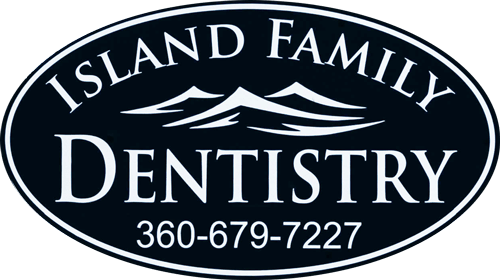Dental Facts
To Reduce The Risk of Tooth Decay and Gum Disease Practice Good Oral Care!
How often should I see a dentist?
Each person is unique but the majority of patients should make appointments to have their teeth cleaned and X-rays taken twice yearly. To save time and procrastination, schedule your two yearly appointments with one phone call or when checking out from an appointment. Seeing us twice a year can help catch decay while it is still easy to treat and keep your smile looking bright.
You Should See Dr. Chambi right away if:
It hurts to chew.
It becomes difficult to swallow.
There is pain or swelling in your mouth, jaw, or face.
Gums bleed when you brush and/or floss.
Teeth become sensitive to hot or cold.
There is a continual bad taste in your mouth or bad breath.
You develop certain medical conditions. Particularly, diabetes, cardiovascular disease or eating disorders.
You have medical treatment such as chemotherapy or radiation.
You develop dry mouth, a mouth sore or bump that seems abnormal and doesn’t go away.
Cleaning Teeth
Brush teeth twice a day with fluoride toothpaste.
Use dental floss to clean between teeth at least once per day. Not brushing and flossing enough may cause bacteria to spread and cause tooth decay and/or gum disease.
Eat a healthy diet of fresh foods.
Limit consumption of sugar. If you do eat sugary foods, brush your teeth soon after with fluoride toothpaste.
Make appointments to see Dr. Chambi regularly.
What Do I Do If I Knock out My Tooth?
Pick the tooth up but do NOT touch the root. Handle the tooth by the crown only. You need to act fast! Knocked out permanent adult teeth must be kept moist at all times. You can rinse in water if needed beforehand but do not use soap or scrub it. Try to immediately reposition the tooth back into the socket by gently pushing it into place. Hold the tooth in place with your finger or by carefully biting down on it. If you can’t reposition it in your mouth then put it in milk (not water). You should get to our office or the nearest dentist within
30 minutes if possible.
Can I Keep My Silver Fillings?
Teeth with silver fillings eventually crack. This is due to the silver expanding and contracting when exposed to hot or cold. Small cracks are hard to detect and will eventually get larger causing portions of a tooth to break off. A proactive approach is to replace the silver fillings with porcelain or composite fillings before any breakage occurs.
What Causes Bad Breath?
Most bad breath starts in your mouth, and there are many possible causes. They include:
-By Mayo Clinic Staff
Don’ts
Don’t use your teeth to tear things open!
Don’t chew hard candy or big chunks of ice!
Don’t put aspirin on an aching tooth.
Don’t go to bed without brushing your teeth.
Do's
Do brush with fluoride toothpaste twice a day.
Do floss your teeth at least once a day.
Do wear a mouthguard when playing contact sports.
Do call us if you are having tooth pain or other oral concerns.
Do see us twice a year!
Do you have other questions about your dental health or dental procedures? Give us a call any time or ask Dr. Chambi at your next visit to explain step-by-step. We love having satisfied, happy and healthy patients.
